A Survivor's Story: Breaking Down the Season 4 Finale of ‘Handmaid’s Tale’
The roaring emotional ride that was the season four finale sets June on a new path: more of a Survivor's Journey.
Incluvie Foundation Gala - Learn More
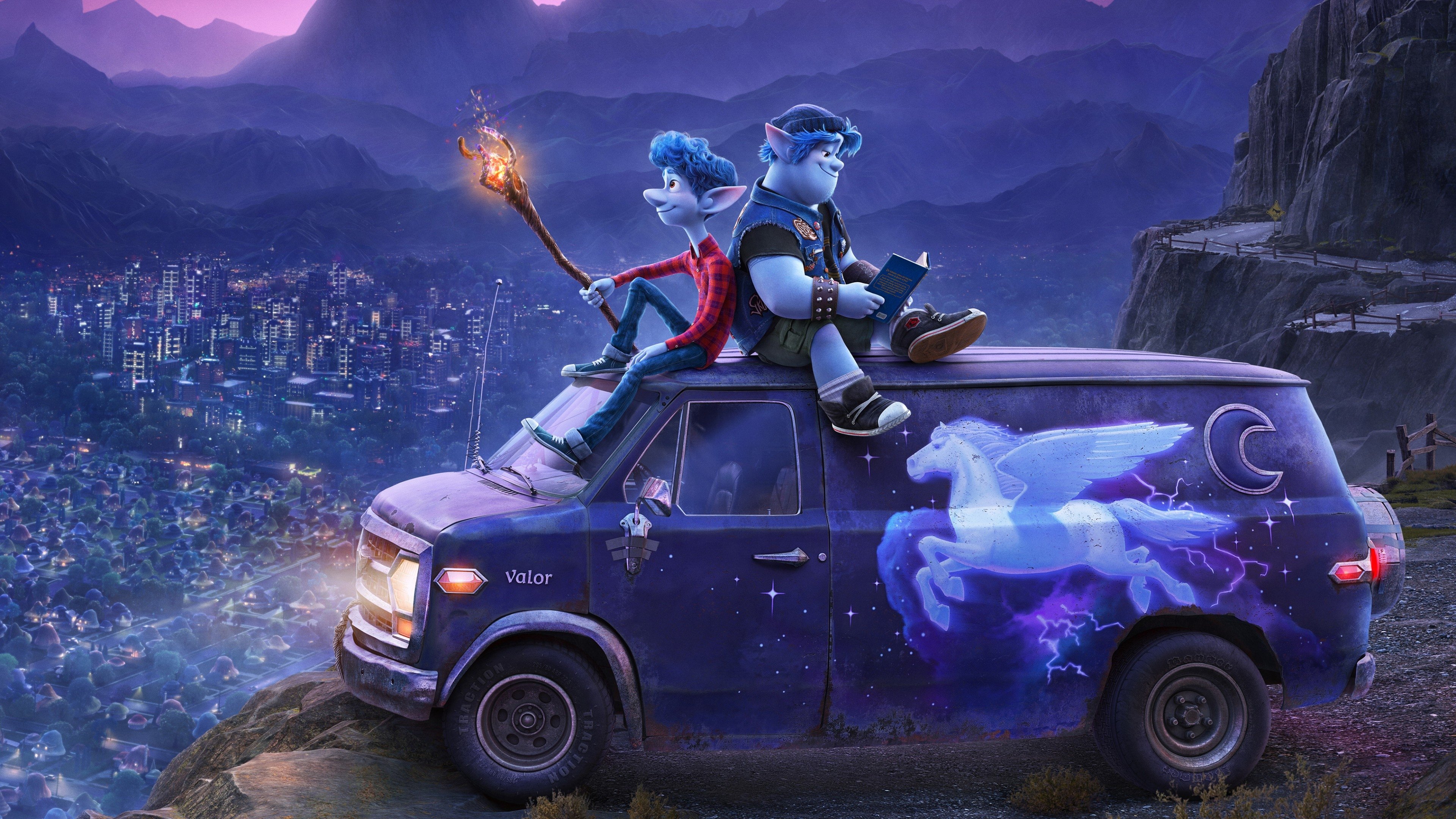

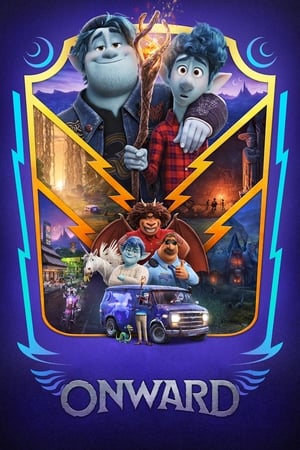


I’ll be honest in saying I’ve been critical of Disney and Pixar and their inclusion of LGBTQ characters in their films but for good reason. Disney’s LGBTQ+ representation has been tepid at best, with characters showing their sexuality in brief, easy-brownie-points-style, while also cutting content for countries that are homophobic and/or transphobic. Onward, Star Wars: The Rise of Skywalker, and the Beauty and the Beast remake come to mind in this aspect. They often get a free pass from most people who mistake tokenism for positive representation. To see a glimpse of yourself being represented on the big screen, by the largest entertainment juggernaut on the planet, only to have it just be a line of dialog or a background kiss so brief that if you blink, you’ll miss it, is disheartening. Thankfully, Disney and Pixar may have finally turned the corner with Pixar’s new Disney+ Sparkshorts short film: OUT.
OUT tells a brief and adorable story about a man prepping to move to the big city with his boyfriend. The only problem is that he hasn’t come out to his parents yet. Greg (Kyle McDaniel) struggles with whether or not he’s ready to break the news to his family, stressing about them eventually coming over once he and his boyfriend, Manuel (Caleb Cabrera), move from the suburbs to the city. Manuel and Greg joke around about eventually coming out, with Manuel saying the sooner he does, the better. Suddenly, Greg’s parents make a surprise visit. Horrified, Greg shoves Manuel outside in fear of what his parents would think. Greg makes an effort to try and hide his partner, hiding a photo of them together.
While feeling like a standard “coming out” story at first, the narrative takes a quirky direction with a rainbow cat/dog duo who enchant the dog collar of Greg’s beloved pet. In a brief moment of solace, Greg reflects on the challenges he eventually has to confront, while holding the dog collar and photo in his hands, but as Greg holds the collar closer to his neck, it snaps onto him. Greg’s mind is switched with his dog’s ala Freaky Friday. Greg must now attempt to hide the photo from his parents, now as a dog while watching his human body embarrassingly flounder around the place.
While the whole fantastical element of OUT makes no sense, and we never get any answers on what or who these weird, rainbow alien animals are, the story makes a beautiful effort to tell a heartwarming story about love and acceptance in a familial unit. Both Greg and Manuel know that the secret can’t be hidden forever, although Greg makes a concerted effort to keep it that way for as long as he can, and Manuel asserts everything will be okay in the end. What Greg doesn’t know, is that his parents already understand Greg’s sexuality, even without his family saying anything to him. In a beautiful moment in the film, after a rambunctious set of moments where dog-Greg attempts to hide the photo and try to get to his human body, Greg’s mom becomes frustrated and sits outside to reflect on the lack of communication she’s had with her son, as well as the larger distant move he’s making from his family. Although Greg’s mom thinks she’s speaking to his dog, and not her son, she states the most beautiful quote in the whole film:
Spoilers ahead!
Something to note about The Owl House is the tremendous amount of passion put into the project. Everything about the show is of quality — from the voice acting to the world building to the animation. The character designs and backgrounds are always interesting to the eye. There are also moments during fight scenes where the animation becomes incredibly smooth and fluid, and there’s something truly satisfying about it to watch.
The narrative is investing! It further pulls you in with likable characters who have engaging backstories and their relationships to one another. I am particularly fond of Eda’s storyline of her being cursed to turn into an owl beast if she doesn’t manage it. It feels allegorical to someone who has a mental illness, based on the subtext to how Eda, those around her, and even the show treat her curse. It’s something that there is no known permanent fix for, but can be managed via potions (similarly to medication). A major development that happens with the progression of her arc is how she learns to accept this part of her. That’s a great message that I haven’t seen represented in media period — let alone a show aimed at kids.
Besides that, I cannot stress enough how fantastic the representation in the series is! Not only is the lead Hispanic, but Luz is also openly bisexual. Eventually, she even gets an enemies-to-lovers arc with her former rival Amity (Mae Whitman)! Normally I would think such a subplot is tired and overdone, but Luz and Amity’s relationship (popularly called “Lumity” by fans) takes its time and is charming enough that I have no issues with it. Both characters individually are compelling, and so watching their relationship blossom is too! There’s the right amount of build-up and it feels natural and realistic to how younger teens would act figuring out dating for the first time. I appreciate the way The Owl House doesn’t dance around the queer themes like some of Disney’s other properties. (For example, how LeFou was intended to be a gay character in the Beauty and the Beast remake but was just barely hinted at, or a passing comment an officer in Onward makes about her girlfriend.) There’s no beating around the bush with Lumity. By season two they are openly girlfriends! This is so good to see because when Disney makes the lightest references to queerness that can be easily missed it feels disingenuous.
‘The Owl House’ is a wonderful show, but not without its flaws. Something that’s relatively minor but irked me is how much hand holding there is early on. I recognize this is a children’s show and I’m not the main demographic, but even so sometimes the morals felt a little too on the nose. There are various instances of characters blatantly blurting the episode’s lesson, and it could’ve just used a little more subtlety. This isn’t as bad as the series goes on.
TW: Body Dysmorphia, Misogyny, Sexual Harassment
Like all modern societal phenomenons, it started with a meme. This one highlighted that when there’s a mom in a Pixar film, she is almost without fail given striking curves that highlight the bottom half of her body following a minuscule waist. From Elastigirl to the skeletal Mama Imelda, the animation giant’s artists seem to have a fixation on making exaggeratedly curvy maternal characters. It could possibly be argued as body-positive by having some non-skinny bodies on-screen — and occasionally that is actually the case, like with Laurel Lightfoot in Onward and Dorothea Williams in Soul. More often than not, though, the mothers in the Pixar universe are given these outrageously proportioned bodies that are so far from most women’s physical realities. In addition to being completely inaccurate, it further sexualizes these strong female characters and reduces them to their physical attributes in ways their male counterparts seldom experience. Pixar men have the luxury of diverse and realistic physical attributes from balding to beer bellies to scrawniness alike. This mother-specific trope reached an irredeemable peak in 2016’s Inner Workings – aka the short film released before the most revolutionary Disney princess to date, Moana. Un-shockingly directed, written, and produced by all men, the animation of the film gives each female character a gratuitous behind and the smallest of waists.
What over-proportioned women have to do with the plot is beyond me. The dialogue-less short film follows a regimented young man on his way to work and his decision to prioritize having fun at the beach instead of being stuck in his brick-in-the-wall job. In the end, he takes half the day off, turns his workplace into a disco… and then everyone is partying while working? The true uniqueness of it comes through the anthropomorphic organs of the main character where the brain and heart fight over control of his fate. The moral of this film, I gather, is to have fun and not get stuck in a dead-end job – as if people can help that with the structural barriers that keep most from the necessities needed to achieve their dream.
Besides the generic messaging of “follow your heart”, it also advertises a grossly over-sexualized image of femininity with the design of the love interest. The young woman, pictured below, is given a large posterior and the smallest waist to be seen yet on a Pixar character (even skinnier than the skeletal great-great-grandmother in Coco). She does have some sort of career aspiration, namely selling sunglasses at a kiosk, but she only laughs and smiles and has no real depth beyond being a possible romance for the main character. If anything, she acts as a reward for his learning how to loosen up. She gets more of a storyline in the credits, where three still images show the new couple falling in love, on a bicycle together, and having two children. The only “positive” views of her seen in the entire short are that she’s the only female “character” (though barely that) and in the last picture she appears to have stretch marks on her thighs (though it could be a glint of water). Basically, this character assumes a hyper-feminine archetype where her only roles are to be pretty/ideal for the male gaze, be silent, and engage in nuclear family norms as both mother and lover. Even the women in the background all (literally all) have a similar fictiously inflated body type. Whether they’re sitting at the café or in the out-of-focus background, a point is made of them being there and visible as part of an alluring aesthetic.
As I sat through a bunch of trailers that mostly consisted of remakes and sequels, it made me glad that I came to watch an original movie instead, especially from Disney/Pixar. Especially Disney. I recently heard that Bambi is next on their surreal progression to make live action remakes of everything they’ve created. Who is the sick, twisted person who thinks it’s a good idea to traumatize a new generation of kids by showing Bambi’s mom getting shot in live action?
Fortunately, in this film, the mom’s still alive. Dad on the other hand…
Ahem.
Onward is an entertaining film about two brothers on a magical quest. Pixar never delved into brotherly relationships before, and it was nice to see this dynamic after the sisterly bond from Disney’s Frozen II. Unlike Anna and Elsa, I found the brothers from Onward, Ian and Barley, played by Tom Holland and Chris Pratt, more engaging. I also thought their relationship to be the best part of the movie. Ian is shy and doesn’t have much confidence in himself, while Barley is extremely confident and keeps getting into trouble. With these conflicting personalities, the two play off of each other well.
The story is about Ian and Barley trying to bring their dad back to life. Unfortunately, they’re only able to bring back his legs, so the brothers go on a quest in search of a gem that would return the rest of their dad. However, they have a limited amount of time to do so, and so they have to race against the clock.
A cute, yet nerdy, teenage Tom Holland with powers goes on an all mighty adventure, having to use the bravery he had within himself the entire time to save the day. Sounds familiar, right? Well this isn’t a review for Marvel’s Spider-Man: Homecoming, but instead, Disney Pixar’s Onward. I was able to finagle a ticket to an advanced screening of Pixar’s latest flick and I’m not going to lie, I did tear up a bit towards the end.
Onward follows Ian and Barley Lightfoot, two elf brothers who are given a phoenix gem. This magical gem, when mixed with the staff of a wizard, is able to bring their deceased father back to life for 24 hours. All goes wrong when the gem only brings back their father’s legs, forcing Ian and Barley to embark on a quest to find another phoenix gem. The journey brings the two dissimilar brothers closer together while they combat pixies, trick cops, and solve seemingly unsolvable puzzles.
Coming off the heels of this summer’s release of Frozen II, Onward somewhat follows in Frozen’s footsteps by telling a tale of two unlikely siblings coming together, but this time instead of two sisters, it’s two brothers. The film is extremely engaging and full of heart! Ian is a very relatable character who definitely feels like an outsider. While Barley’s zaniness and charismatic antics are the antithesis to Ian’s scared, cautious personality; just imagine a full length feature film about Sesame Street’s Bert and Ernie traveling around a fantastical world and you’ve got Pixar’s Onward.
Growing up, I remember thinking that Pixar’s 3D-like animation was a cut above the more common 2D animated films. As more Pixar films were released, Pixar’s animation style progressed, providing more detail and realness to its animation; I mean, have you ever compared Merida’s hair from Brave to the hair of the humans of Toy Story? Mind blowing improvement. So I was somewhat disappointed when Onward looked more like a regular computer animated movie instead of having Pixar’s trademark detailed animation. Don’t get me wrong, the animation was fine, but I would have appreciated if Pixar had stepped it up a notch and given the fantastical creatures the same detail as it does its other movies. But I guess not all animation can be as good as Bulbasaur from Detective Pikachu (2019).

In a suburban fantasy world, two teenage elf brothers embark on an extraordinary quest to discover if there is still a little magic left out there.
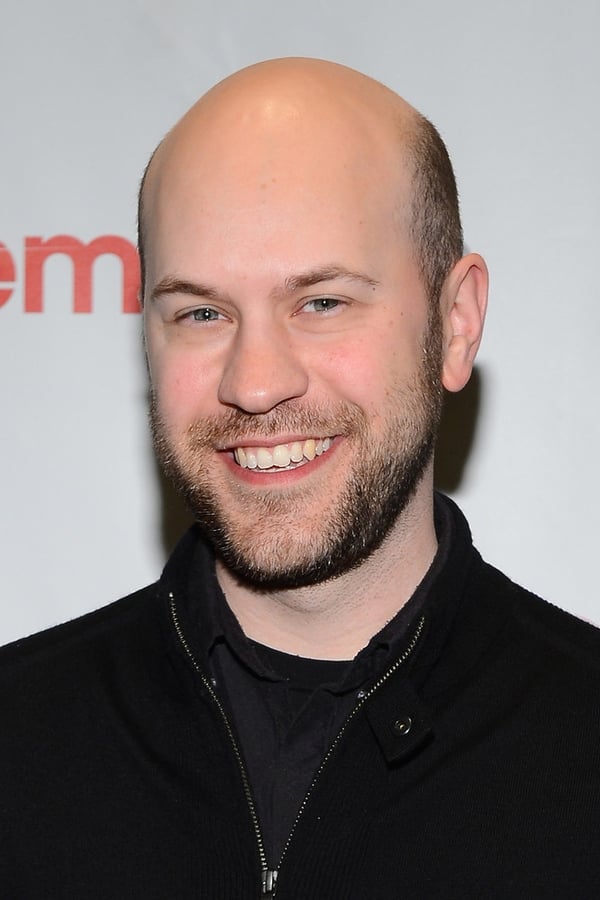
Dan Scanlon
Director

Dan Scanlon
Director

Tom Holland
Ian Lightfoot (voice)
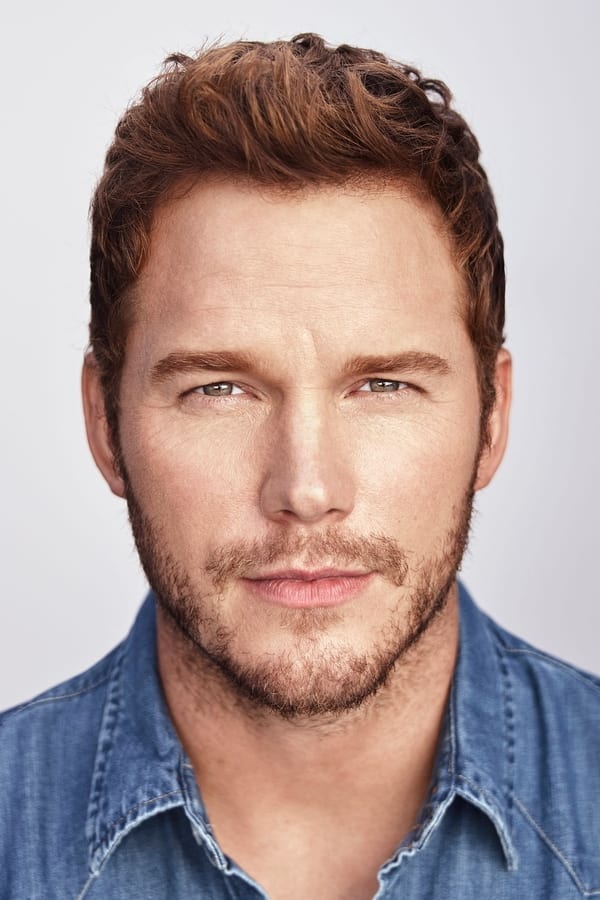
Chris Pratt
Barley Lightfoot (voice)

Julia Louis-Dreyfus
Laurel Lightfoot (voice)
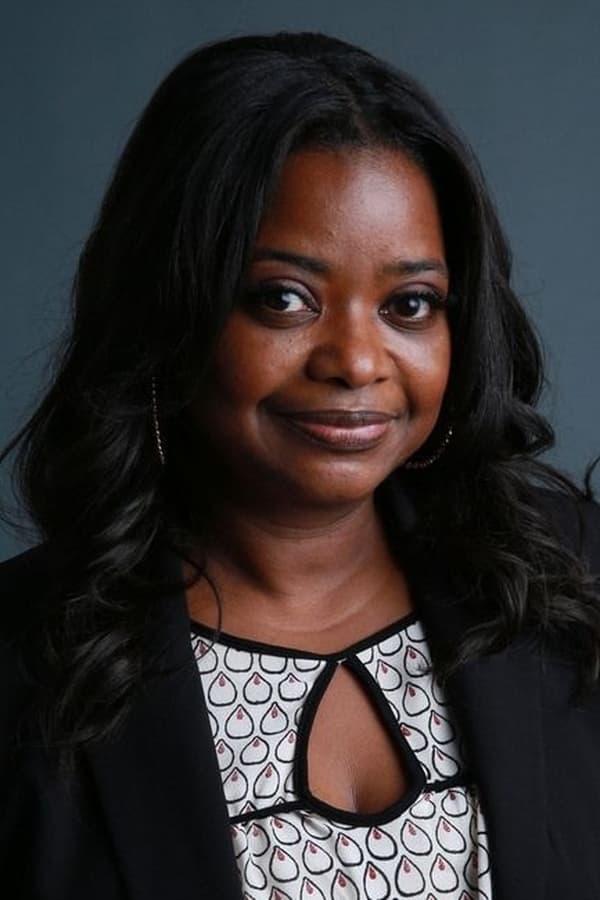
Octavia Spencer
The Manticore (voice)
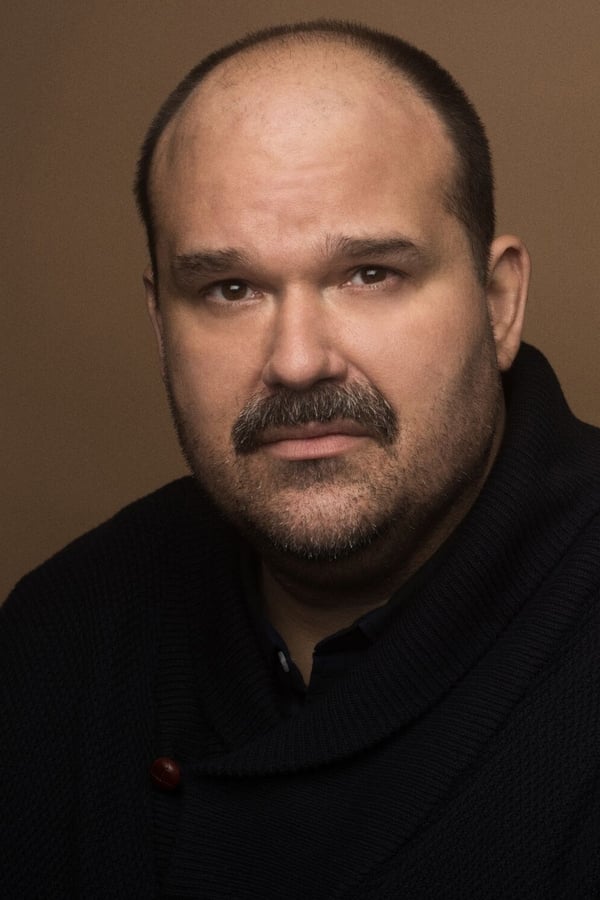
Mel Rodriguez
Officer Colt Bronco (voice)
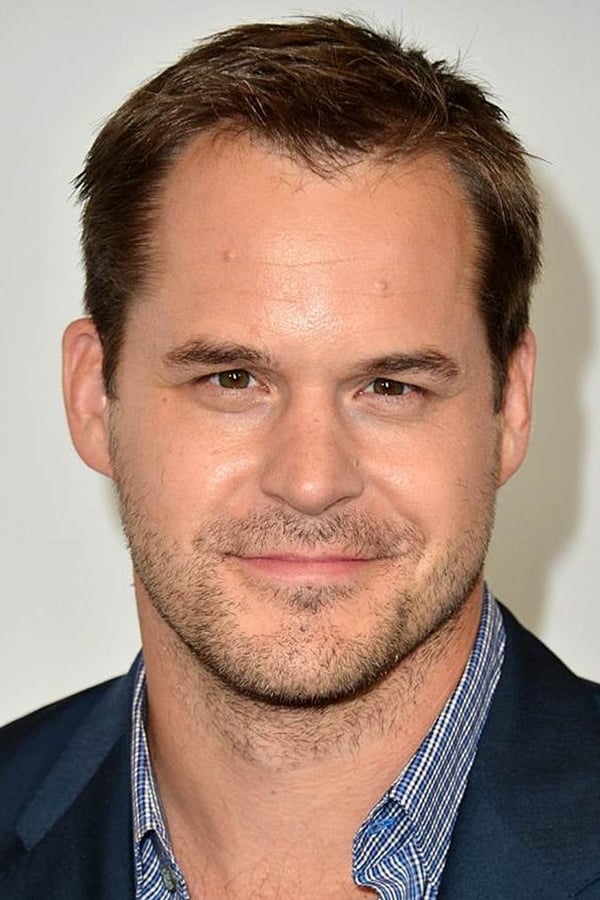
Kyle Bornheimer
Wilden Lightfoot (voice)
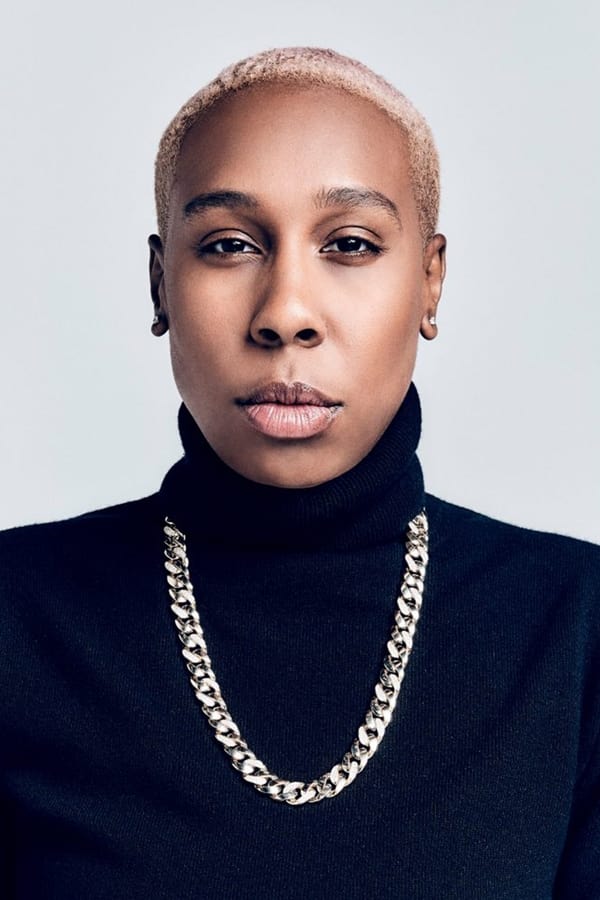
Lena Waithe
Officer Spector (voice)

Ali Wong
Officer Gore (voice)
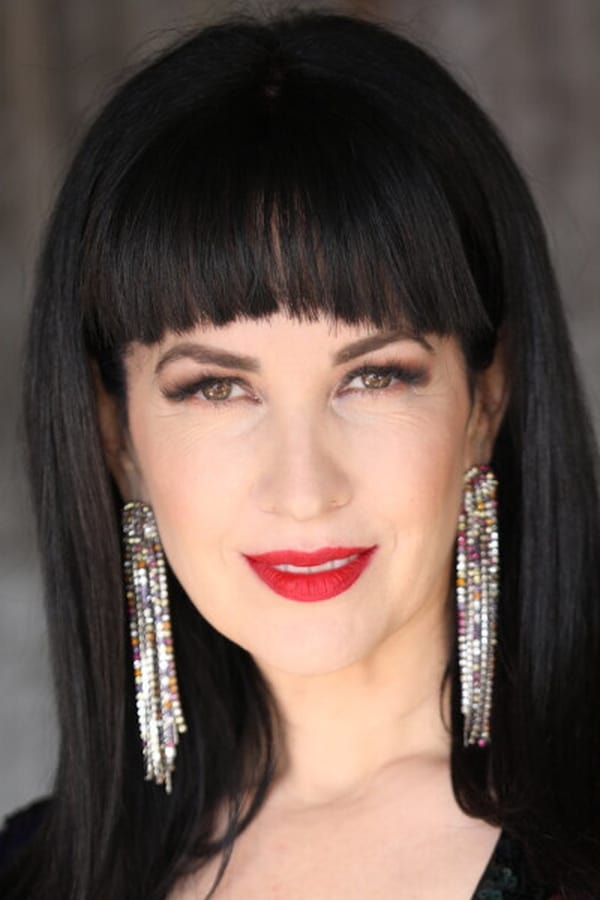
Grey DeLisle
Dewdrop (voice)
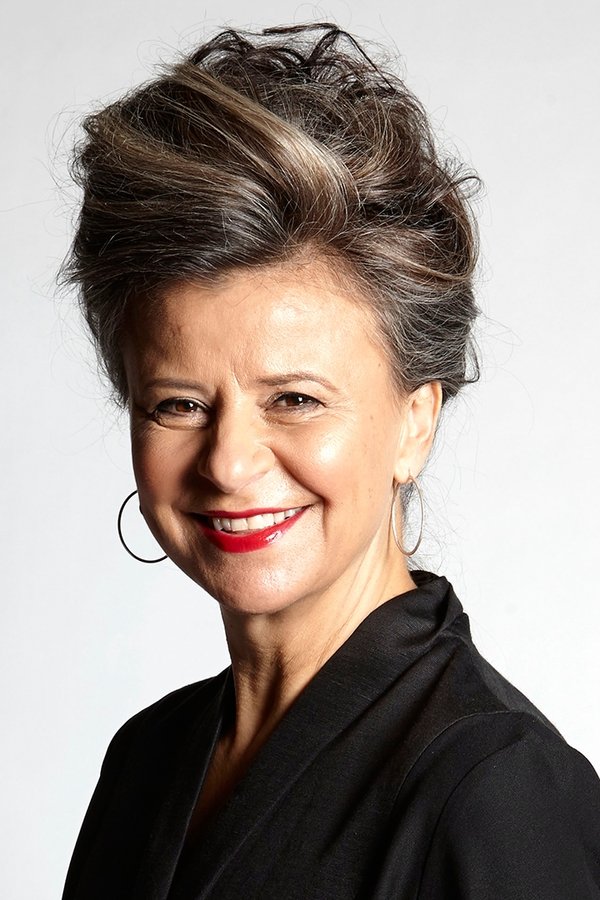
Tracey Ullman
Grecklin (voice)

Wilmer Valderrama
Gaxton (voice)
The roaring emotional ride that was the season four finale sets June on a new path: more of a Survivor's Journey.
One of the reasons that people with albinism have a difficult time being seen and represented in media is probably because there is a small percentage of them.



